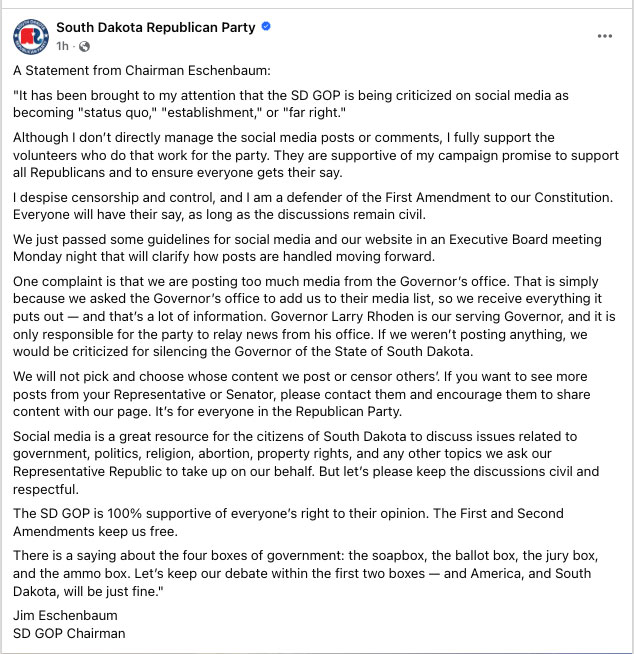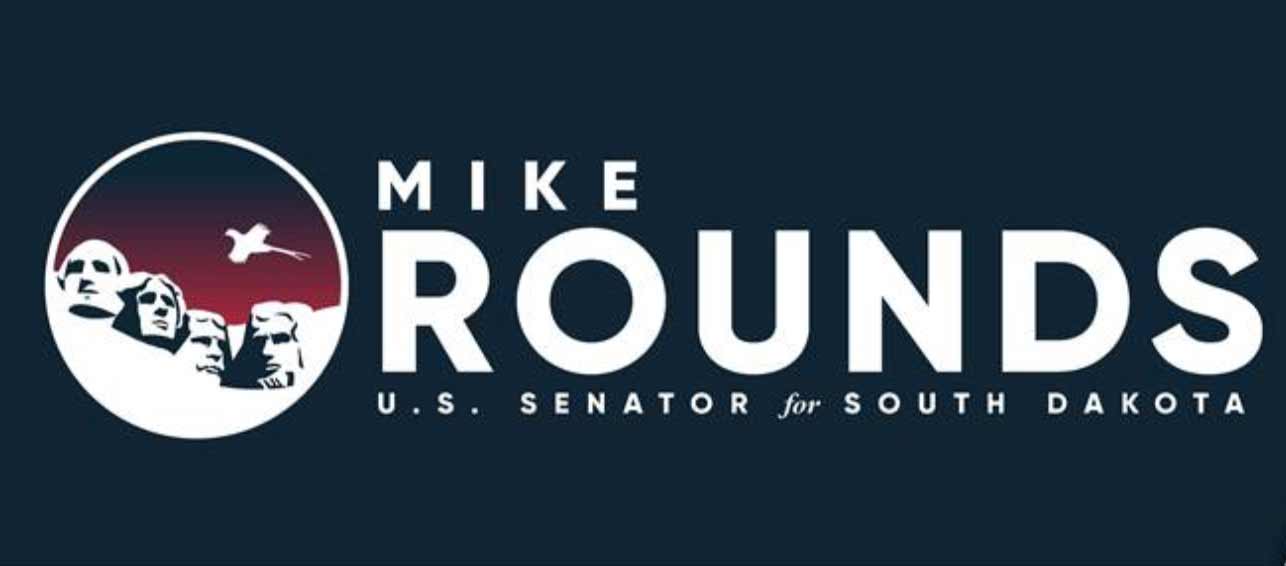Summit Carbon Solutions prevails in federal court against Iowa pipeline regulation. Could South Dakota be next?
Summit Carbon Solutions found success in federal court this last week against Iowa counties that attempted to regulate the planned carbon pipeline, giving a renewed boost to the future of carbon capture for the region’s ethanol producers.
According to Iowa Public Radio/Iowa Capital Dispatch, the 8th Circuit Court of Appeals’ decision, similar to attempts to place setbacks on pipelines in South Dakota, barred Iowa counties from setting their own standards when federal regulations are preemptive:
A federal appeals court on Thursday upheld lower court decisions barring counties from imposing safety standards on a pipeline subject to federal safety standards.
The cases involved Summit Carbon Solutions, the company proposing to build a carbon sequestration pipeline through the state, and county supervisors from both Story and Shelby counties.
Summit sued the counties in 2022 for enacting ordinances that required county-specific setback requirements and other regulations the company argued were preempted by federal pipeline safety laws.
and..
Writing for the appeals court, U.S. Circuit Judge Duane Benton wrote that the county ordinances “focus” on safety and “repeatedly” mention safety risks associated with the pipeline, which “undermines” the Pipeline Safety Act’s goal of preempting state regulations on safety.
“This holding does not prohibit local governments from considering safety, nor prevent them from enacting all zoning ordinances, as the counties suggest,” Benton said in the opinion. “This court emphasizes the distinction between safety standards — which the PSA preempts — and safety considerations — which the PSA does not preempt.”
The county ordinances also included emergency response requirements and abandonment provisions which the court ruled were also preempted by federal regulations.
With Summit Carbon’s success this last week with the 8th Circuit Court of Appeals, the question now is how exactly federal courts might look at laws and regulations which were passed in this state by anti-development interests in an attempt to prevent the carbon capture pipeline project from being built in South Dakota.
Finding success in challenging the Iowa-NIMBY efforts in federal court, could a new legal challenge be brought against the South Dakota-NIMBY laws passed to halt efforts to provide carbon capture for ethanol development over the last year or so?
Could be.


 PIERRE, S.D.—South Dakota Supreme Court Justice Janine M. Kern has announced that she will retire from the bench on Dec. 8, 2025.
PIERRE, S.D.—South Dakota Supreme Court Justice Janine M. Kern has announced that she will retire from the bench on Dec. 8, 2025.
